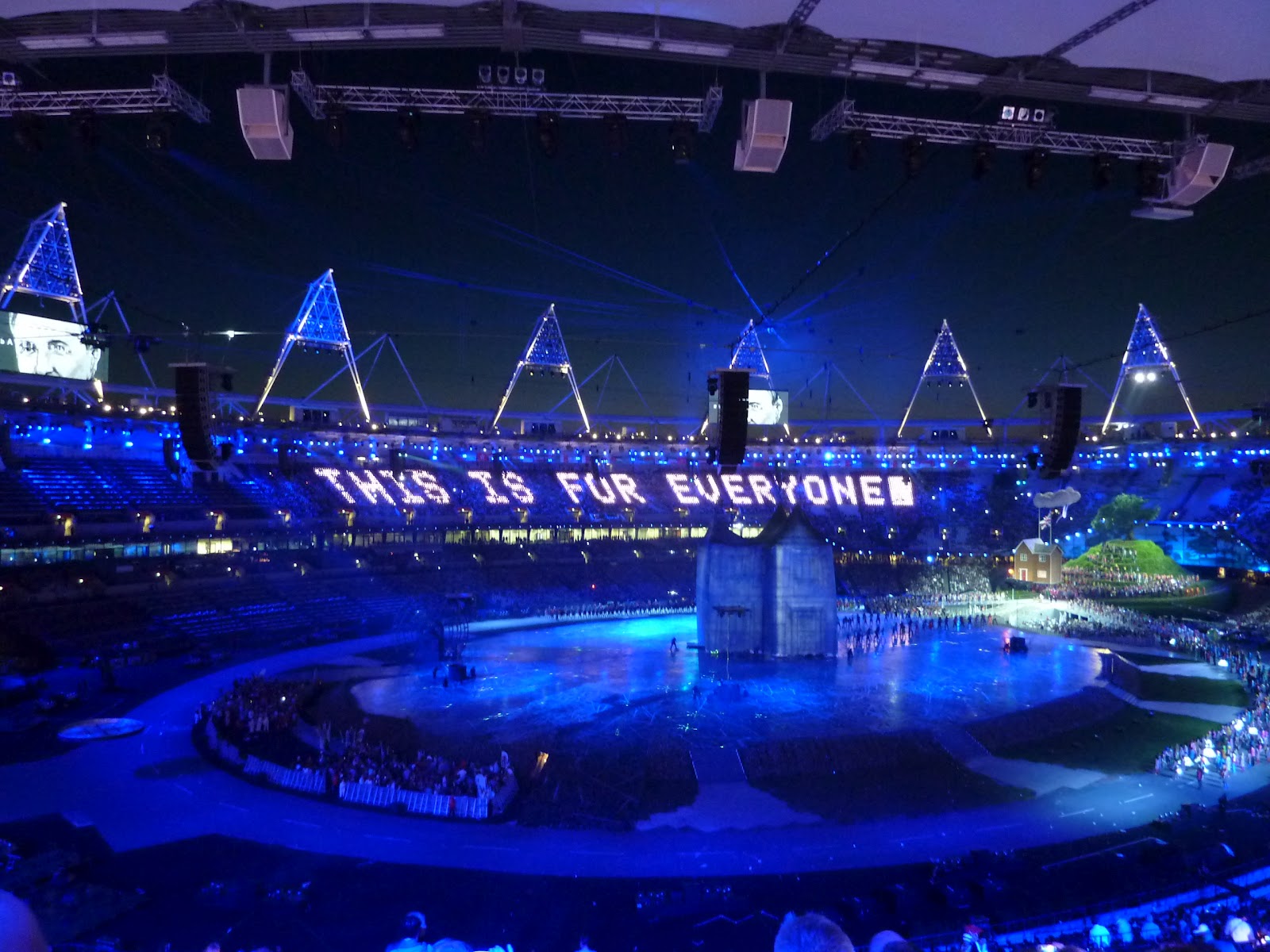In March 1989, Sir Tim Berners-Lee wrote his first proposal for what would become the World Wide Web. Almost twenty-five years later, the internet has become part of our daily lives, as a universal and necessary tool for commerce, the enjoyment of human rights, and the management of critical infrastructure.
Sir Tim’s call for action for citizens’ privacy
Sir Tim Berners-Lee’s speech at the celebration of the 20th Anniversary of the establishment of the Office of the High Commissioner on Human Rights (OHCHR) on the December 5, in Geneva focused on the issue of privacy, highlighting that the increasingly large amounts of personal data collected by third parties is one of the greatest challenges to the protection of human rights online. This year’s mass surveillance revelations of U.S. and U.K. intelligence agency programs such as PRISM and TEMPORA demonstrate the increasing — and increasingly worrying — trend of governments spying on citizens, at home and abroad, often with little regard to due process and the rule of law.
Since these programs were revealed, citizens around the world have begun mobilizing to express their discontent, and create coalitions against mass surveillance — including StopWatchingUs coalition in the U.S., which organised rallies and turned out thousands of people in protest. As public outrage over the reach and scope of U.K. and U.S. mass surveillance programmes reached an all time high, Brazil and Germany jointly proposed a resolution on the right to privacy that at the United Nations on November 27th as a first step to restore public trust in the security of communications.
Sir Tim Berners-Lee’s speech built on these developments, announcing in Geneva “a new global movement called the “Web We Want”, which aims to empower ordinary people around the world to take back the Web.” The goals of the Web We Want coalition include supporting the creation of a bill of rights for the internet, and a call for people to reclaim the web back from governments and companies which have taken over its control.
Net neutrality
One of the primary principles that underpin the Web We Want campaign, officially launched by Sir Tim Berners-Lee at this event, is the neutrality of networks. Net neutrality is the guiding principle that preserves the open and universal qualities of the internet, where data are treated equally, ensuring that anyone can innovate, and reach any audience without the permission of any entity.
However, as inventor of the Web highlighted in his speech, this openness is today in jeopardy. Ensuring that the internet remains public and a platform for the flourishing of fundamental rights, including freedom of expression, is now one of the major challenges around the world. Over the past year, Access has advocated for these issues across Europe, and enlisted the support of Sir Tim Berners-Lee in the preface of Access’ policy paper on “Net neutrality: Ending Network Discrimination in Europe”.
Navi Pillay, United Nations High Commissioner for Human Rights described Sir Tim Berners-Lee’s Web as “a global public good made freely available to all” that “has dramatically altered the human rights environment globally, boosting freedom of expression and freedom of information.” However, nearly twenty-five years after its creation, the World Wide Web is in jeopardy and action is needed to protect its openness and ensure that it remains a platform for economic growth, innovation perspective and protection of the fundamental rights.
Building on the values of the Web We Want and the StopWatchingUs coalitions in which we are members, Access, together with EFF and Privacy International, recently has been working to support the distribution and endorsement of the thirteen International Principles on the Application of Human Rights to Communications Surveillance. To that end, we recently launched an action center for individuals to lend their names in support.
Take action now and sign the petition demanding world leaders to respect these principles and protect human rights and an end to mass surveillance.
